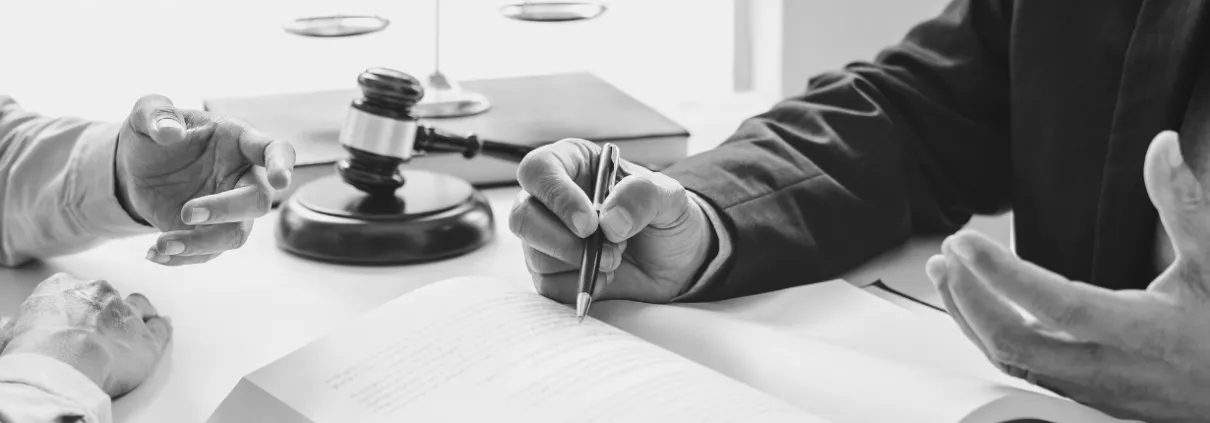There’s no denying that there’s been a marked decline in newspaper sales over the past decade or more, which corresponds with the growth in news’ digital presence, as our appetite for content on-the-go increases. However there appears to be a continuing battle between those who expect their news to be delivered for free, and publishers who understandably see cost and value in reporting which they are keen to recover and exploit.
The free/paywall divide appears most marked between not only the generations, but the type of content they view. Hard paywalls appear to work for publications that already dominate the niche market in which they operate (e.g. FT / Economist / WSJ).
According to 2023 research by Reuters Institute for Journalism, only 9% of UK consumers of news were paying for it – near on the lowest percentage of any of the top 20 richest countries. In contrast, Norway has 39% of its public paying for news content. Perhaps more concerning for publishers keen to expand or introduce paywall mechanisms, the same research found that about half of non-subscribers say that nothing could persuade them to pay for online news, with lack of interest or perceived value remaining fundamental obstacles. Generally, with regards to news, audiences say they pay more attention to celebrities, influencers, and social media personalities in networks like TikTok, Instagram, and Snapchat than journalists working for traditional media.
Media brands themselves do not necessarily appear to attract news readers – only 22% say they go to a specific website or app for their news, with younger groups showing a weaker connection to news brands’ own websites and apps than previous cohorts, preferring instead to access news via alternative routes such as social media, search or mobile aggregators. Although Google and Facebook still account for about half of the traffic to news sites, there are signs that their platform position is becoming a little less concentrated in many markets, with more providers competing. Most people aged between 18-24 received their news via social media channels, with TV news being most important to those aged over 55.
Podcasts retain their popularity but only among a certain niche of individuals – upmarket young people. In fact, only 34% of people have listened to a podcast, and then the most popular tend to be ones involving discussion between men!
Back to paywalls: publishers recognise that to attract new subscribers, content is key. They also value paywalls as a way of recovering the revenue once received from digital advertising but which is now under pressure as a result of ad blocking technology and the change in Google and Facebook algorithms. The new Mail+ paywall gives access to premium content across their most popular subjects – the royal family, special investigations, health, personal finance and certain columnists. The Mail is confident of leveraging subscribers from its existing high-visibility website, being the second most commonly visited news website in the UK (after the BBC) and benefitting from high overseas traffic . The introduction of paywalls is the antithesis of click-bait journalism, and models that look to reward journalists on the value of clicks their individual stories received, resulting in an emphasis towards the trivial.
However, perhaps the reality is that introducing paywalls mean that publishers will learn exactly how loyal their readership is, and as soon as the content value doesn’t outweigh the cost, then subscribers will walk. There is a concern also that paywalls increase the opportunity for siloed-thinking and echo chambers, if people align themselves to media that fit with their own viewpoint, thereby insulating themselves from contrary opinion. Most people (aside from those in the PR industry), would tend to seek out multiple sources for news only when it’s free to access. To subscribe to multiple channels is rare, so arguably the paywall game is one that will have few winners but many losers over time.
The jury is out as to whether we’ve seen better journalism since the introduction of paywalls but it is fair to say that exclusive content from trusted media brands has value. Nonetheless, given the next generation’s declining appetite for paid-for news, the publishing industry may find itself needing another way of funding its output. In the end however, for the communications industry it’s really about what clients want from their media hits – volume in free-to-read outlets that can be readily amplified via their social media sites, or placement before fee-paying readers seeking quality contributions. You pays your money, you takes your choice.
Match 2024





























